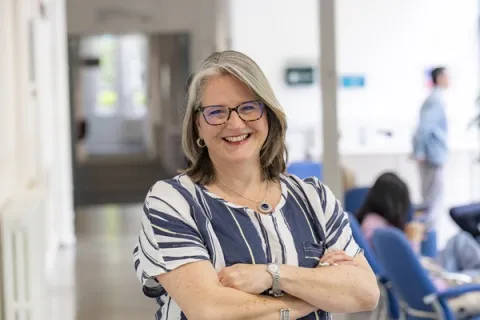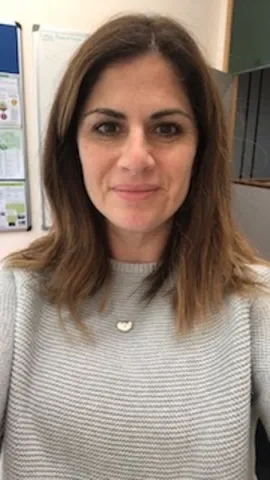About the project
The Covid pandemic ruptured the longstanding relationship between schools and families, with many children and young people, especially those who are neurodivergent, struggling with attendance or choosing to withdraw from formal education. This project will explore how young people and families reframe, rebuild, and re-engage with learning through home education.
This project will explore the lived experiences of home educating parents, families, and young people through a collaboration between the Autism Community Research Network@Southampton [ACoRNS], home-education communities, and Philosophy.
ACoRNS is an award-winning partnership between Education and Psychology researchers and local education providers, which develops and applies participatory approaches and creative methods to enable and promote the voices of typically marginalised groups. The extension of our collaboration to include Philosophy offers an exciting academic environment in which to pursue a novel synthesis of ideas to an important but under-researched context.
You will benefit from rich, interdisciplinary supervision as well as weekly term-time ACoRNS meetings which provide a stimulating, safe and constructive space for sharing research, and developing skills and knowledge.
This project will require building sustained relationships with home-educating families to gain authentic insights into their experiences.
ACoRNS has existing links with members of the home education community who are keen to support the participation and representation of diverse views and experiences. Many families have children with neurodivergent profiles (including autism) and so experience and understanding of young people with these profiles will be important.
The project will use a creative, participatory, qualitative methodology to enable a range of views to be heard and shared. Such views offer unique and rare insights into educational practices and experiences that are largely unreported and unseen. In the new, post-pandemic educational landscape this project offers an exciting, innovative, and potentially impactful opportunity to contribute to knowledge and practice.


